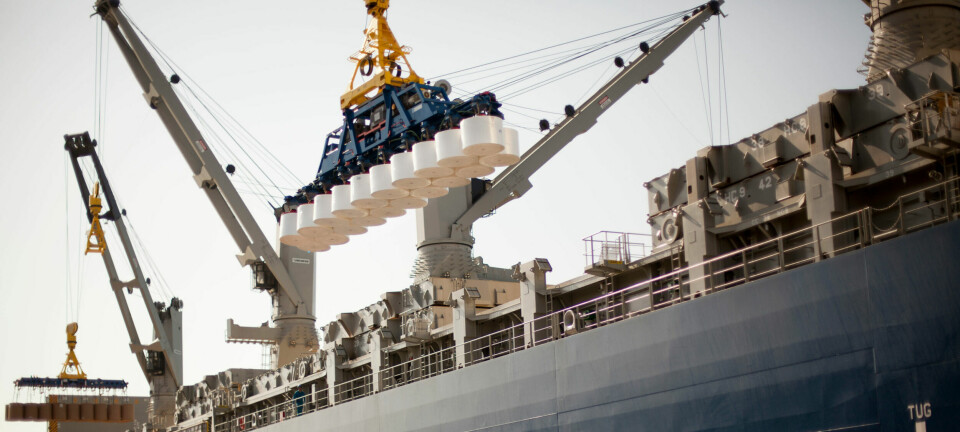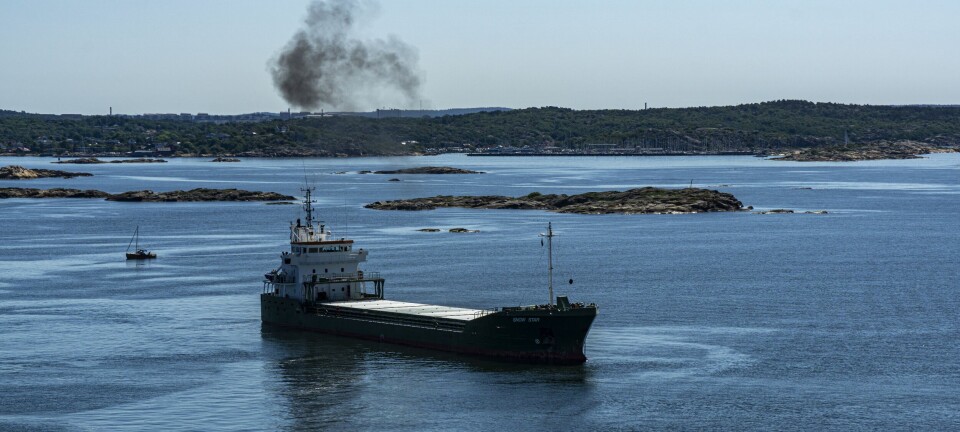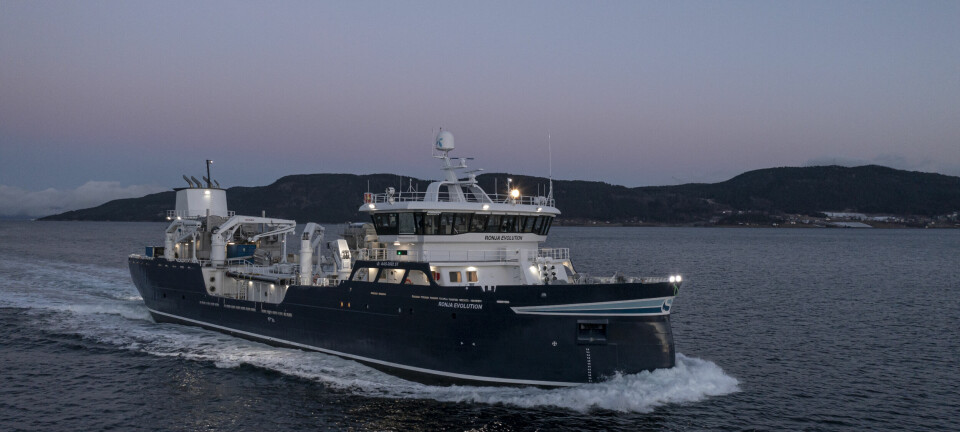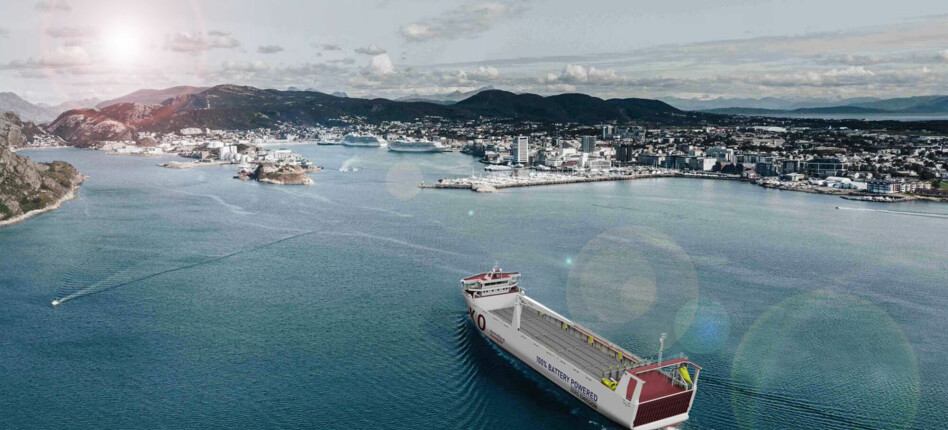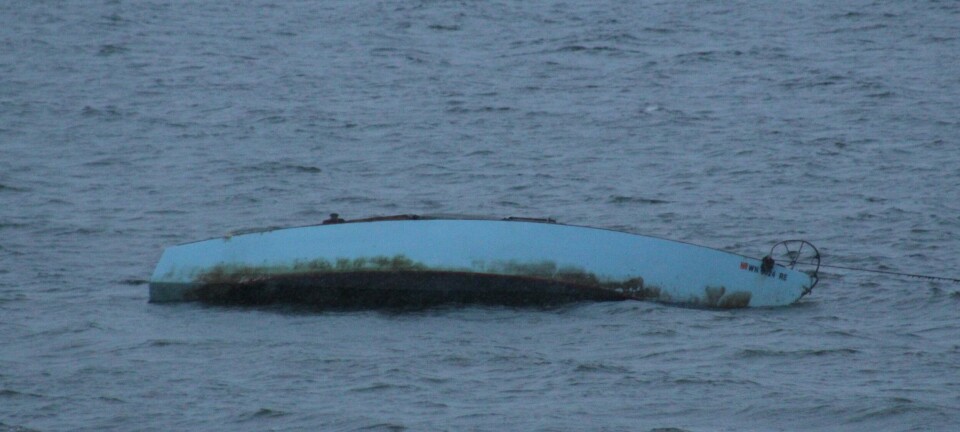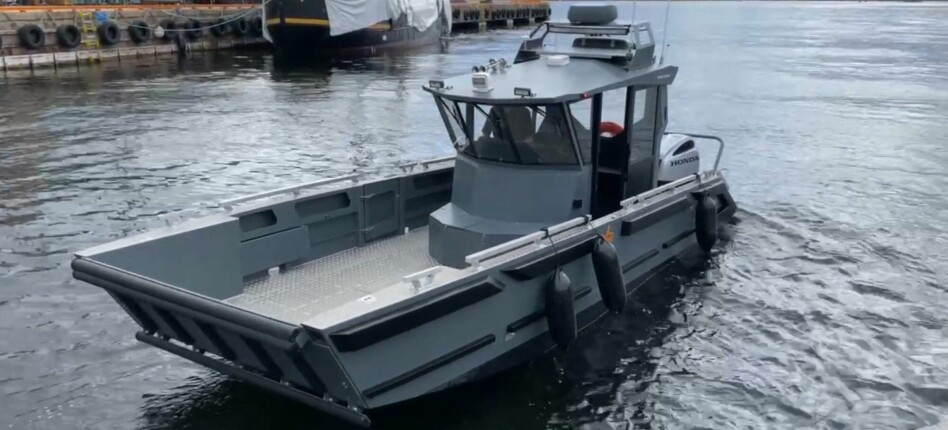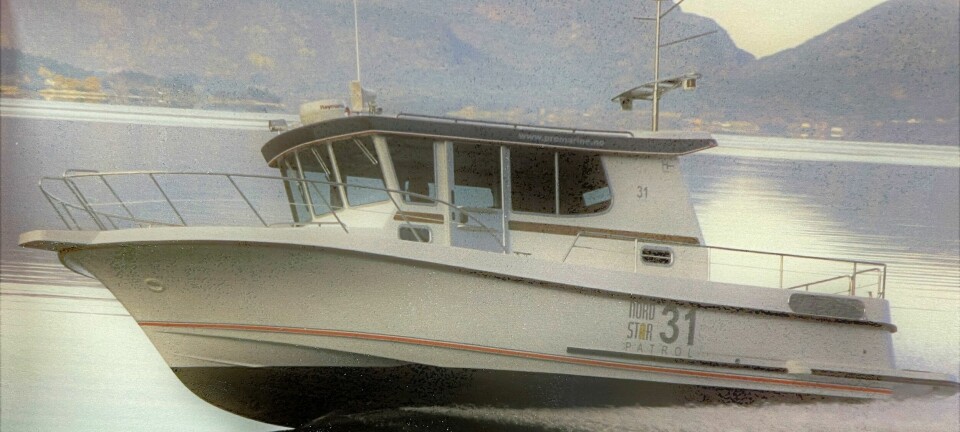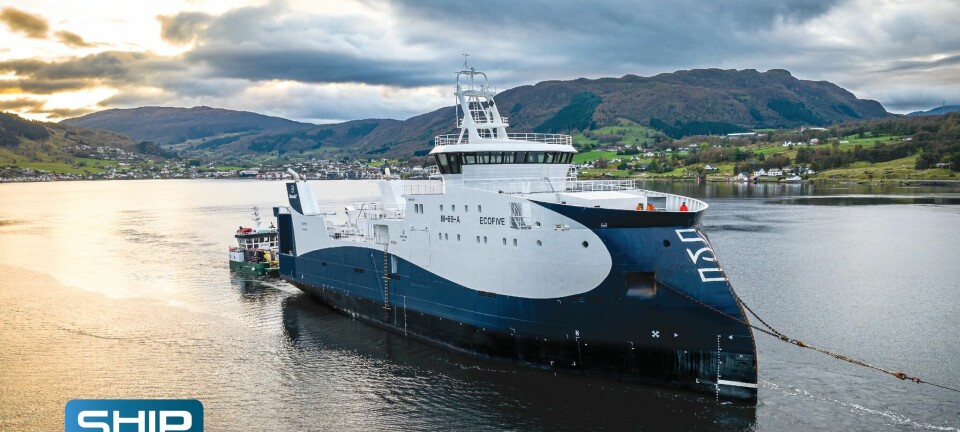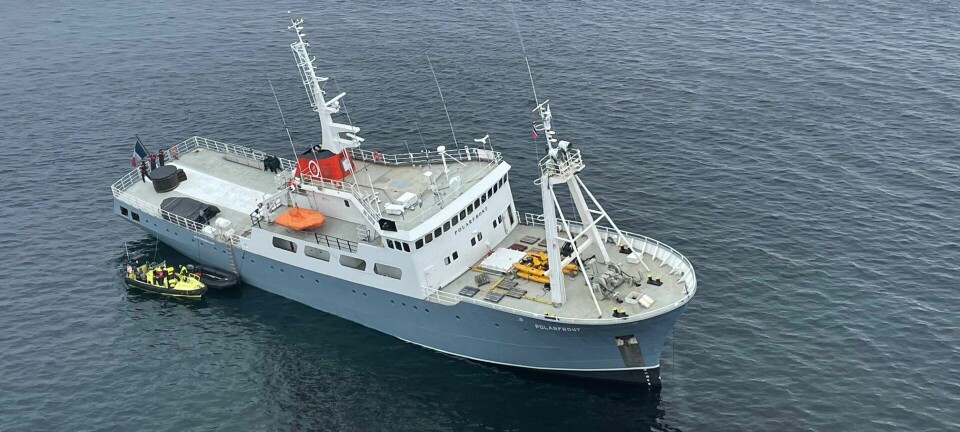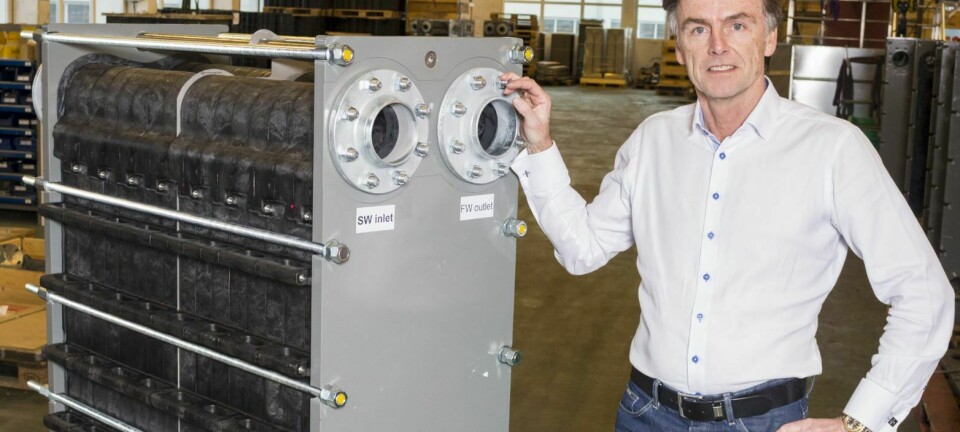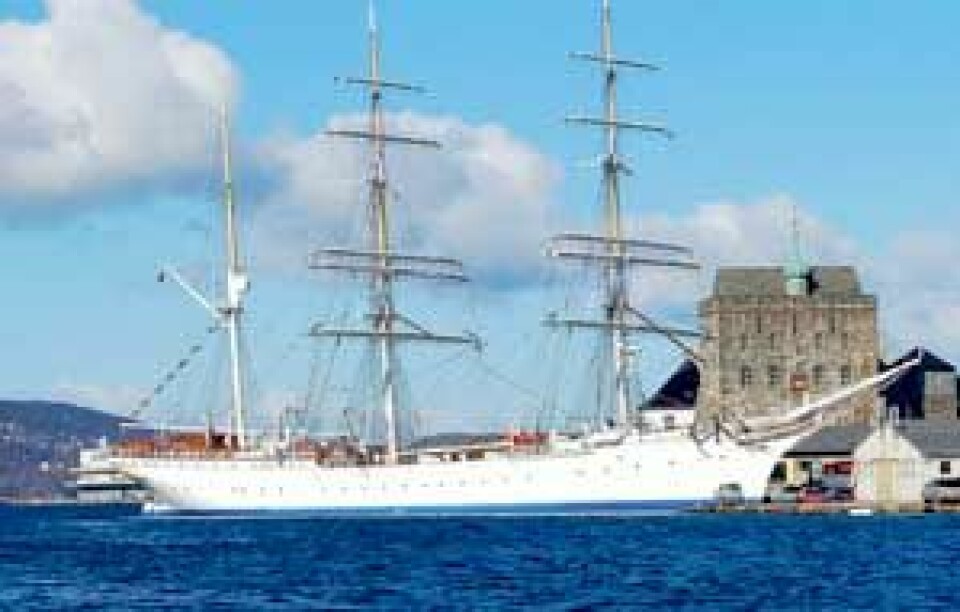
The Norwegian Ship Register
The register consists of The Norwegian Ordinary Ship Register – NOR, The Norwegian International Ship Register- NIS and The Shipbuilding Register (a sub-unit to NOR). The register is under the governance of the Ministry of Trade and Industry.
Denne artikkelen er tre år eller eldre.
The registers’ primary task is to register ships and rights in ships and the main objective is to fulfil the requirements set out by the Government to ensure that Norway shall continue to be a world-leading, maritime nation.
The Government’s maritime strategy highlights five main challenges facing the maritime sector:
Globalisation and national policies; environmentally sustainable maritime industries; maritime competence; maritime research and innovation; and short sea shipping.
Furthermore, the Government will strive to avoid tax competition in the maritime sector, promote environmentally friendly solutions, competence, research and innovation, and safeguard the working conditions of the seafarers.
Finally, the Government will strive for Norwegian short sea shipping to become more environmentally sound and a competitive alternative to road transport.
The main differences between the NOR and NIS registers
• Registration of Norwegian-owned vessels of 15 metres or more is compulsory in the NOR register (unless the vessel is registered in another country’s ship register).
Pleasure vessels must be 7 metres or more in order to be registered in NOR. There are no size limits in NOR for vessels primarily used for commercial purposes. Fishing- and pleasure vessels may only be registered in NOR.
• Vessels under construction and contracts for future construction in Norway may be registered in The Shipbuilding Register, a sub-unit to NOR.
• Owners, in NOR, must be Norwegian or EEA citizens/ companies.
Foreign owners outside the EEA are welcome to register their vessels in the NIS register. However, a Norwegian Representative/ Process Agent and Norwegian Management Company must be appointed.
• Ships registered in the NIS are not permitted to carry cargo or passengers between Norwegian ports or to engage in regular scheduled passenger transport between Norwegian and foreign ports.
• The NIS allows employment of foreign seafarers on local/national wages established through collective wage agreements between an employers' federation and an independent union which organizes the seafarers
THE NOR REGISTER
There has been a general increase in the number of registrations in the NOR register, including vessels not subject to mandatory registration.
The privilege of issuance of a Certificate of Nationality, the possibility for mortgaging the vessel and security with regards to a future sale of the vessel are some of the benefits of registration.
Although owners in the NOR register should be Norwegian or EEA citizens/companies, dispensations from this requirement are given by the Ministry of Trade and Industry.
During the last couple of years a significant increase of foreign owners outside the EEA have chosen to register their ships in NOR.
There has also been great activity in the shipbuilding industry and consequently, in the number of registrations in the Shipbuilding Register.
Once completed, the vessels must be deleted from the Shipbuilding Register and vessels subject to mandatory registration must be transferred to NIS, NOR or a foreign register. A significant number are transferred to either NIS or NOR.
THE NIS-REGISTER
Was established and opened on July 1st 1987 in an attempt to preserve the maritime industry in Norway.
Since then, great emphasis has been placed on maintaining the NIS as a competitive and attractive quality register both for Norwegian and foreign owners.
The number of NIS registered ships has slowly declined over the last few years, and the Norwegian Government has now presented its maritime strategy for 2008. The vision is that Norway shall continue to be a world-leading maritime nation.
The Ship Register is a government agency and the external conditions for registration are politically ruled. Subsequently, the focus has been on establishing and maintaining a quality register where clients can expect a high level of service. Efficiency is prioritized and the turn-around time at the register is kept at a bare minimum.
Every case worker is well versed in the rules and regulations that apply to the register. Since the users will very often be in different time-zones, there is an officer on duty from 7 am until midnight.
As of October 2007 the register employs 16 people and this number may very well rise with the continuing addition of new tasks.
The Maritime Directorate
is the enforcement agency for all matters relating to the seaworthiness of all Norwegian ships and to the safety and qualifications of seafarers. Accordingly, the register and the Directorate have a good and close working relationship.
